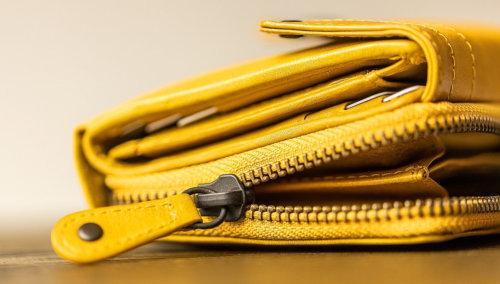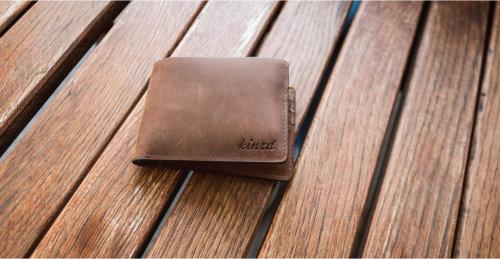Your wallet should be your trusty sidekick for essential items, but overcrowding it with certain things could lead to big risks, especially if your wallet goes missing. Here are eight items that shouldn’t take up residence in your wallet—and better alternatives for keeping them secure. 1. Social Security Card
Your Social Security card is your unique identifier, but carrying it around puts you at risk for identity theft. A lost wallet containing your SSN can lead to a nightmare of financial fraud. Keep your card stored securely at home and only
carry it when absolutely necessary.
Better Option: Memorize your number, or store it securely in a password-protected note on your phone.
2. Multiple Credit
Cards
While it might feel safer to have a backup card, carrying several credit cards in your wallet could spell disaster if it gets lost or stolen. Multiple cards make it easy for a thief to charge up high balances quickly.
Better Option:
Stick to one or two essential cards in your wallet and leave the others at home unless you’re specifically planning to use them.
3. Passwords or PINs
Some people keep a list of important passwords or PINs in their wallet, either on paper
or as a note on their phone. This is a huge security risk—if someone finds or steals your wallet, they may gain access to everything from bank accounts to social media.
Better Option: Use a password manager app to store your sensitive login information securely. My husband and I use 1Password.
4. Spare House Keys
Many folks think it’s convenient to keep a spare key in their wallets, but it can be a dangerous choice. If someone gets a hold of your wallet and finds an address or ID with your home information, the spare key becomes an open invitation for a
break-in.
Better Option: Leave a spare key with a trusted neighbor or friend, or use a secure outdoor lockbox if you need a backup key nearby.
5. Receipts with
Personal Information
A lot of receipts show partial credit card numbers, phone numbers, or even your name and address. If your wallet is stolen, those receipts could help someone piece together personal information to use in scams or identity theft.
Better Option: Destroy any receipts you don’t need and store important ones at home or digitally.
6. Gift Cards or Vouchers
Carrying all your
gift cards around might seem convenient, but it can be risky if your wallet goes missing. Many gift cards are like cash—they don’t require a PIN and can be used immediately.
Better Option: Only bring gift cards when you’re headed to a store you plan to use them at, or use a digital wallet to store them on your
phone.
7. Checkbook
It’s rare to need a check these days, and carrying a whole checkbook around is risky. Checks have all the information someone would need
to access your bank account, making it easier for them to forge a
check or commit fraud.
Better Option: Keep checks at home and carry just a single check if you know
you’ll need it that day.
8. Medicare or Health Insurance Cards
These cards often display your full name, member ID, and sometimes even your Social Security number, which could be used for identity theft. Carrying it in your wallet daily is
risky unless you know you’ll need it.
Better Option: Take a picture of the card and store it in a secure folder on your phone, so you have access in an emergency without the physical card.
By keeping only essential items in your wallet, you’ll
not only lighten its load but also reduce your risk if it’s ever lost or stolen. Consider a minimalist wallet strategy with just the essentials, and rest easy knowing your valuable information is secure.












